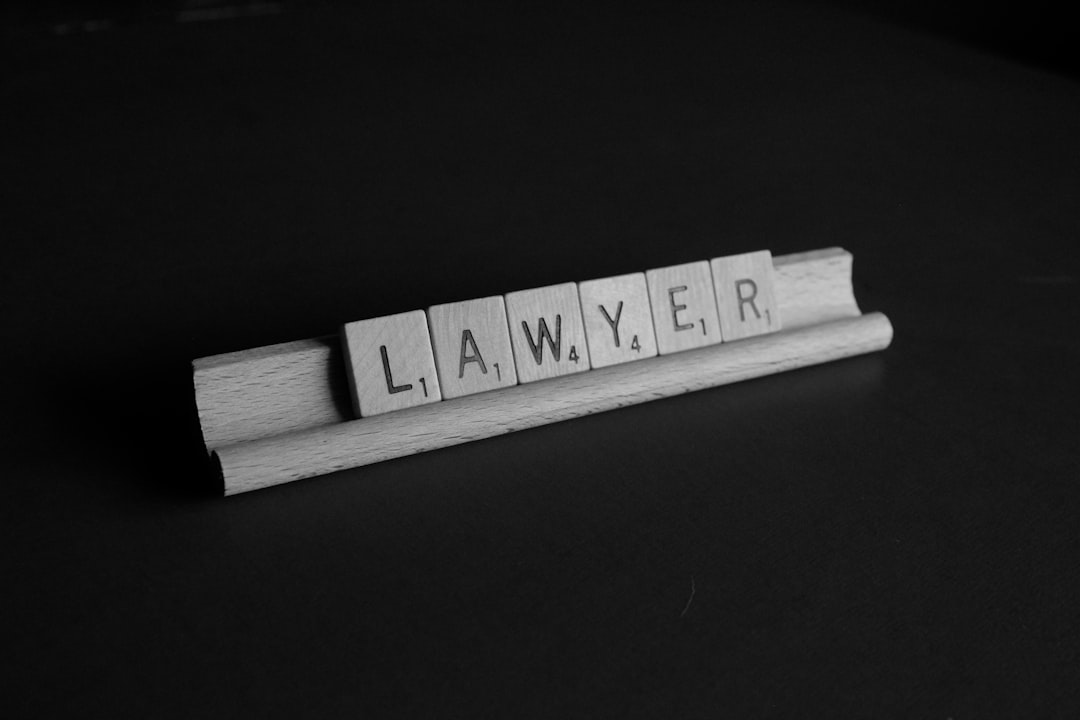In a digital age, securing sensitive client data in law offices is paramount. This involves implementing robust security measures like encrypted communication channels, multi-factor authentication, regular software updates, and employee training. Law office equipment, including secure storage solutions, VPNs, and end-to-end encrypted apps, plays a critical role in protecting data against unauthorized access. Best practices include strict access controls, regular backups, staff education, and responsible disposal of old equipment to maintain the integrity and confidentiality of client information within law office equipment.
In today’s digital age, ensuring client data security is paramount for law offices. This comprehensive guide delves into the critical aspects of safeguarding sensitive information within legal practices. From understanding the unique challenges of law office equipment management to implementing robust communication channels, we explore essential tools and best practices. Discover how to navigate the complex landscape of data protection, fostering a secure environment for confidential client information.
- Understanding Client Data Security in a Law Office
- Essential Tools for Protecting Sensitive Information
- Implementing Secure Communication Channels
- Best Practices for Law Office Equipment Management
Understanding Client Data Security in a Law Office
In a law office, client data security is paramount. With sensitive legal information and confidential client details at stake, implementing robust security measures across all law office equipment is essential. This includes secure data storage solutions, encrypted communication channels, and access controls to ensure that only authorized personnel can view or modify case files.
Law office equipment must be regularly updated with the latest security patches and antivirus software to protect against cyber threats. Additionally, employee training on cybersecurity best practices, such as recognizing phishing attempts and using strong passwords, is crucial in maintaining a secure environment. Compliance with data protection regulations like GDPR or CCPA further reinforces the office’s commitment to safeguarding client information.
Essential Tools for Protecting Sensitive Information
In today’s digital age, protecting sensitive client data is paramount for law offices. Essential tools for safeguarding this critical information include robust encryption software and secure cloud storage solutions that meet industry standards like HIPAA or GDPR. These technologies ensure that even if there’s a breach, data remains unreadable without proper decryption keys.
Additionally, implementing multi-factor authentication (MFA) for all user accounts enhances security measures. Law office equipment like biometric access controls or physical security devices prevent unauthorized entry into secure systems and networks. Regular software updates and patches also play a vital role in patching vulnerabilities, while employee training on data protection best practices ensures everyone understands their role in securing client information.
Implementing Secure Communication Channels
In today’s digital age, securing client data is paramount, especially within law offices where sensitive information is handled daily. Implementing secure communication channels is a critical step in safeguarding this data. Law office equipment now offers advanced encryption technologies that transform digital transmissions into unreadable codes, ensuring only authorized parties can access the information. This practice prevents data breaches and maintains client privacy.
For instance, Virtual Private Networks (VPNs) provide encrypted connections for remote access to files and communication platforms, making it safe for lawyers and staff to work from anywhere. Similarly, end-to-end encryption in messaging apps guarantees that messages exchanged between clients and legal professionals remain confidential. These tools are essential components of a robust data security strategy, ensuring law offices can operate efficiently while protecting their clients’ sensitive details.
Best Practices for Law Office Equipment Management
Maintaining secure client data requires meticulous management of law office equipment. Best practices include regularly updating software to patch security vulnerabilities and ensuring all devices are encrypted. Law offices should also implement strict access controls, such as multi-factor authentication, to prevent unauthorized access. Regular backups of critical data stored on these devices are essential, with offsite or cloud storage options recommended for added protection.
Additionally, it’s crucial to educate staff about cybersecurity best practices, including recognizing phishing attempts and using strong passwords. Disposal of old equipment should be handled responsibly, with data erasure or shredding methods employed to prevent data breaches. Regular audits of hardware and software configurations can help identify potential security gaps, ensuring the integrity and confidentiality of client data within the law office environment.
In the legal sector, safeguarding client data is paramount. By implementing robust security measures, such as utilizing secure communication channels and managing law office equipment effectively, practices can ensure confidentiality and compliance. Adopting essential tools for protecting sensitive information is a strategic move to build trust with clients and maintain a competitive edge in today’s digital landscape. These best practices not only safeguard data but also enhance the overall efficiency of law offices.
